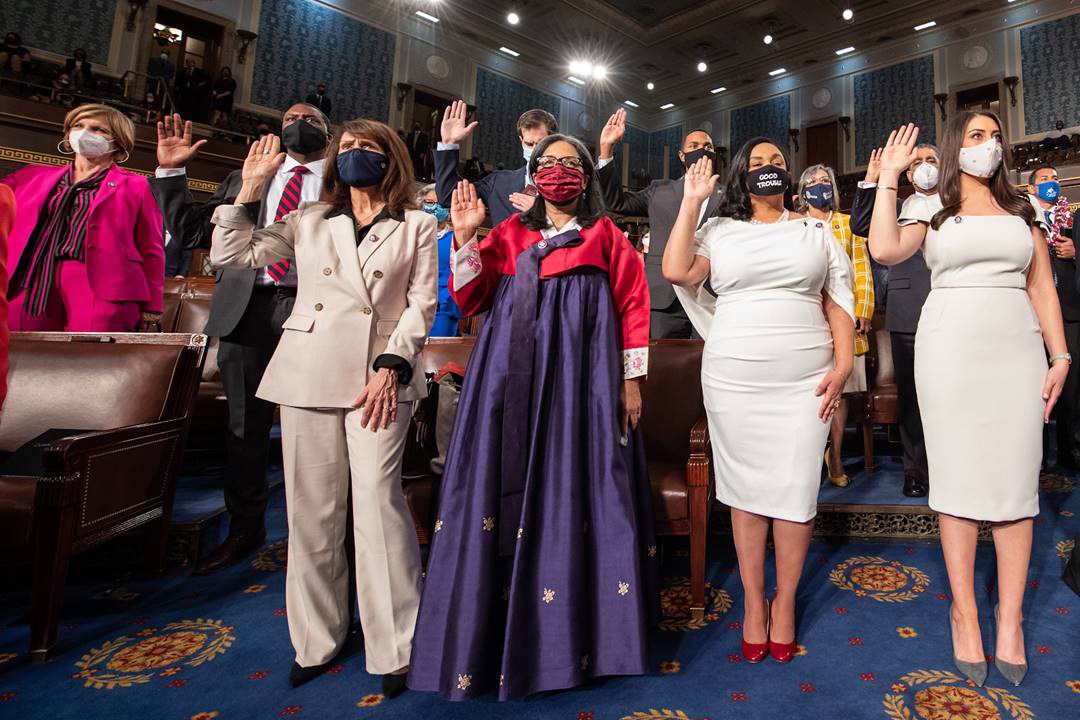It is still true that immigrant families and communities bear the consequences of the Trump administration’s sweeping immigration policy changes, some of which Joe Biden’s administration has started working to undo.
The research community, policymakers, advocates, service providers, and activists have shown concern that immigrant families, including those with children who are US citizens, have suffered from recent immigration policy changes that have caused them to forgo essential assistance and disengage from public services. This is particularly disturbing in the context of the COVID-19 crisis, which disproportionately impacts religious minorities and people of color.
A large number of immigrant families have reported fear, confusion, and avoiding assistance programs because of the prevailing anti-immigrant rhetoric and policy changes, and it has yet to be determined how the policy changes will affect the long-term effects on families and communities.
According to a study published by researchers from Brown University in the JAMA Network Open, healthcare utilization may be influenced by US immigration policies. The study focused on more than 200,000 patients in Minnesota who were born outside the United States.
The majority of these patients were from the countries impacted by the US “Muslim ban” executive order. This order was issued in 2017 by then President Donald Trump under the title, “Protecting the Nation from Foreign Terrorist Entry into the United States,” soon after he joined the office. Resultantly, immigration and travel to the United States from the Muslim-majority nations of Iran, Syria, Iraq, Somalia, Sudan, Yemen, and Libya were banned.
Although the Biden administration revoked the policy in 2021, its impacts on the health and well-being of immigrants remain. As in the words of Elizabeth Samuels, Assistant Professor of Emergency Medicine at Brown University’s Warren Alpert Medical School, “It’s clear that US immigration policies can have significant effects on the health of people living here in the US… We saw a rise in emergency department visits among people from nations targeted in the ban as well as a rise in missed appointments from people from Muslim majority countries not named in the ban. I think that that’s indicative of the kind of rippling health effects these types of policies can have.”
The study revealed that more than 100 patients belonging to countries impacted by the ban missed primary care appointments while 232 missed additional emergency department visits after the ban. Before the ban, Muslim-majority residents of the US were progressively visiting primary care providers in greater numbers.
The researchers noted that they focused on a specified population living in a civically engaged Muslim-majority community with possible less stress and additional support. However, they anticipate that the ban on Muslim immigrants can have a much more serious impact on their health.
“These findings may reflect elevated cumulative stress due to multiple restrictive policies and an increasingly hostile climate toward Muslim immigrants and refugees in the US and are consistent with other literature examining the health effects of restrictive entry policies in high-income countries,” the study concluded.
These are the results of just one study. More comprehensive studies of this kind are needed to be conducted to unearth the grave impacts of the “Muslim ban” that not only tightened the immigration policies and exacerbated discrimination but may also have led to worse health outcomes and care access issues for Muslim immigrants.









